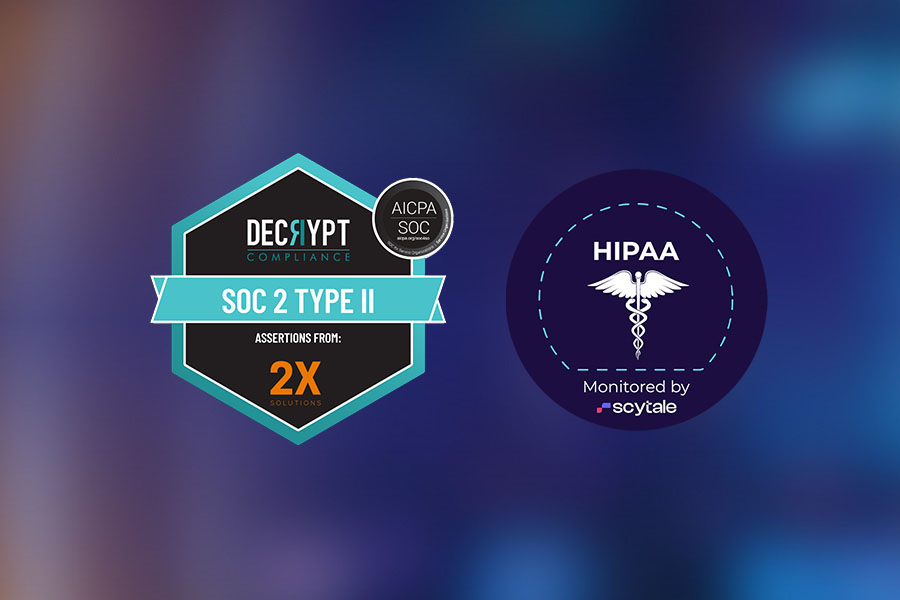As artificial intelligence (AI) continues to evolve, its impact on customer experience is becoming increasingly profound, especially in emerging markets like India. AI startups are now betting on AI voice-enabled bots as a key driver for scaling AI adoption in these regions. This article explores how these technologies are transforming customer experiences, the potential for their scalability, and the challenges they face.
Voice-Enabled Bots: A Solution for India’s Linguistic Diversity
In a country with 22 official languages and over 19,000 dialects, text-only AI chatbots have significant limitations. Recognizing this, Indian AI startup Sarvam has developed voice-enabled bots that support more than 10 Indian languages. This innovation is based on the understanding that people prefer to communicate in their native languages, especially when typing in those languages is challenging.
“People prefer to speak in their own language. It’s extremely challenging to type in Indian languages today,” said Vivek Raghavan, co-founder of Sarvam AI.
Sarvam’s voice-enabled AI bots are being deployed across various industries, particularly in customer support. For instance, Sri Mandir, a startup offering religious content, uses Sarvam’s AI agent to process payments, having completed over 270,000 transactions so far. These AI voice enabled bots can be integrated into WhatsApp, apps, and even traditional voice calls, offering a versatile solution for businesses.
The Technological Foundation: Small Language Models and Synthetic Data
Sarvam’s voice-enabled AI agents are built on a foundational, small language model called Sarvam 2B, trained on a dataset of 4 trillion tokens. Due to the limited availability of Indian language content on the open web, Sarvam opted to use synthetic data to train its models, despite the challenges and potential inaccuracies associated with this approach.
Raghavan explained that Sarvam has developed methods to clean and improve the synthetic datasets before using them, ensuring the data’s reliability. The startup has also open-sourced its model, encouraging the community to build upon it and further enhance its capabilities.
Scaling AI Adoption: The Potential and the Challenges
The potential for voice-enabled bots in India is vast, particularly as the country continues to develop its AI infrastructure under initiatives like the IndiaAI program. Sarvam is ready to contribute to these efforts, aiming to align its technologies with the government’s vision for AI-driven economic growth and digital inclusion.
However, scaling AI in a linguistically diverse market like India comes with significant challenges. The reliance on synthetic data, the need for continuous model improvement, and the ethical concerns around AI’s humanlike qualities are all factors that must be carefully managed.
Moreover, as AI adoption grows, there are critical questions about data privacy and the potential for overreliance on AI in customer interactions. Ensuring transparency and maintaining a balance between human and AI-driven interactions will be crucial for the long-term success of these technologies.
The Future of Voice-Enabled AI in Customer Experience
Despite the challenges, the future of voice-enabled AI in enhancing customer experience looks promising. As these technologies continue to evolve, they have the potential to revolutionize how businesses interact with customers, particularly in emerging markets like India. By offering personalized, language-specific interactions, voice-enabled bots could significantly improve customer satisfaction and drive AI adoption at scale.
In conclusion, voice-enabled bots represent a significant advancement in AI-driven customer experience, particularly in regions with diverse linguistic needs. As AI startups like Sarvam continue to innovate, these technologies will play an increasingly important role in shaping the future of customer service and business interactions in India and beyond.






